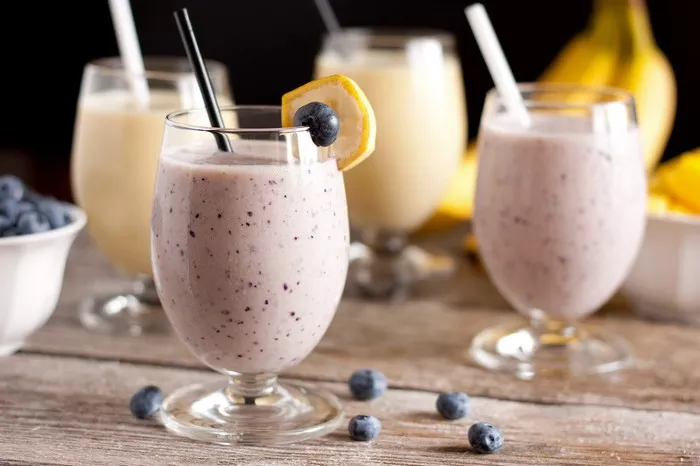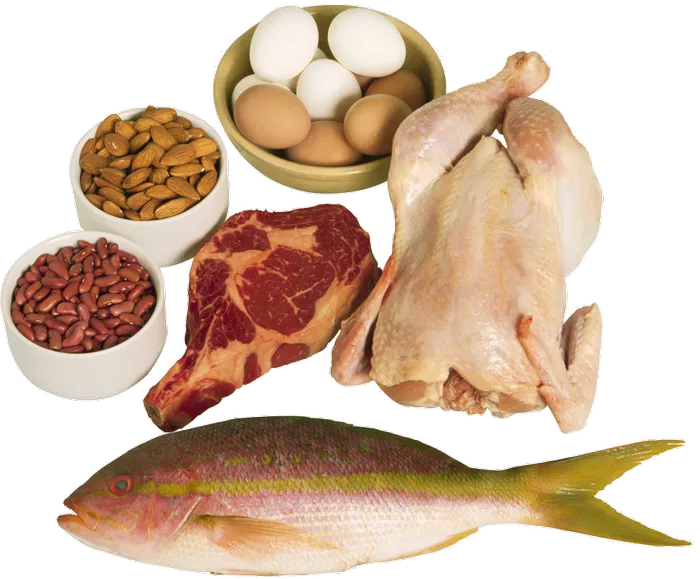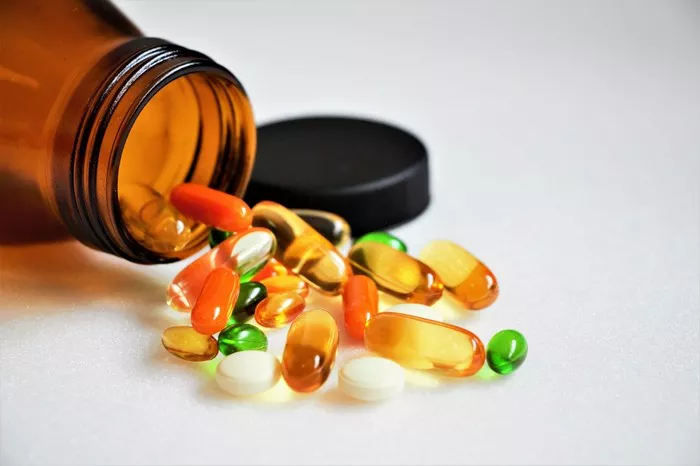When it comes to fitness and nutrition, the importance of protein is well-documented. Particularly, the role of protein shakes after workouts has been a topic of much discussion. However, do you really need a protein shake after engaging in cardio exercises? This article explores various facets of post-cardio nutrition, focusing specifically on the role of protein shakes.
Understanding the Role of Protein in Recovery
Protein Fundamentals:
Protein is a crucial macronutrient composed of amino acids, the building blocks for muscle repair and growth. After a workout, particularly those involving muscle strain or damage, protein helps repair and rebuild the tissues.
Recovery After Cardio:
Cardio workouts, especially those that are intense or prolonged, can lead to muscle fatigue and minor damage. While the primary focus post-cardio is often replenishing glycogen stores through carbohydrates, protein still plays a vital role in repairing the muscles used during the activity.
Cardio Types and Protein Needs
Light vs. Intense Cardio:
The intensity and duration of the cardio session significantly influence nutritional needs. Light activities like walking or gentle cycling might not necessitate extra protein immediately post-workout. However, more intense sessions, such as running, high-intensity interval training (HIIT), or prolonged cycling, increase the muscle repair requirements, making protein intake more important.
Endurance Athletes:
For endurance athletes, protein is particularly important not just for recovery, but also to maintain muscle mass. Endurance workouts tend to be long, depleting not only glycogen but also breaking down muscle tissue, especially when carbohydrate stores begin to run low.
The Timing of Protein Intake
The Anabolic Window:
The concept of the “anabolic window,” a period shortly after a workout when the body supposedly absorbs the most nutrients, has been both supported and contested in scientific circles. While more recent research suggests that this window might be wider than previously thought, consuming protein soon after a workout can still be beneficial, especially if your next meal is several hours away.
Immediate vs. Delayed Protein Consumption:
Whether you consume protein immediately after your cardio or within a couple of hours does not show significant differences in recovery, according to some studies. However, for practicality and to promote the habit of recovery, consuming a protein shake after a workout can be convenient and beneficial.
Types of Protein Shakes and Their Benefits
Whey Protein:
Whey protein is a complete protein, meaning it contains all essential amino acids necessary for muscle repair. It’s also quick to digest, making it a popular choice for post-workout shakes.
Casein Protein:
Unlike whey, casein protein digests slowly, providing a steady release of amino acids over several hours. While not typically recommended immediately post-cardio due to its slow absorption rate, it can be beneficial if your next meal is delayed.
Plant-Based Proteins:
For those who are vegetarian or vegan, plant-based proteins such as pea, rice, or soy protein are viable alternatives. They can be combined to ensure all essential amino acids are present, although individual absorption rates can vary compared to whey protein.
Practical Tips for Integrating Protein Shakes into Your Cardio Routine
Assess Your Dietary Needs:
Consider your overall protein needs based on your weight, the nature of your workout, and your fitness goals. General guidelines suggest 1.2 to 2.0 grams of protein per kilogram of body weight for athletes. Adjust your protein shake intake accordingly.
Timing Your Shake:
If you opt to consume a protein shake, doing so within 30 to 60 minutes post-workout can optimize your recovery, though if you plan to eat a meal rich in protein within this time frame, a shake might be unnecessary.
Hydration:
Don’t forget the importance of hydration. Cardio, especially in warm environments or for extended durations, leads to substantial fluid loss. Consider hydrating shakes that also include electrolytes.
Customizing Your Shake:
Add carbohydrates to your shake if your cardio session was particularly long or intense. This could be in the form of fruit, oats, or honey. This helps in replenishing glycogen stores in addition to providing protein for muscle repair.
Alternatives to Protein Shakes
Whole Food Options:
Not everyone enjoys or wants to consume protein shakes. Whole foods can also provide the necessary protein and other nutrients needed for recovery. Examples include a chicken breast, a piece of salmon, or a bowl of quinoa and beans, accompanied by vegetables.
Supplemental Alternatives:
If you dislike protein shakes, consider other supplemental forms like protein bars or even clear protein drinks, which can be lighter on the stomach.
Conclusion: Is a Protein Shake Necessary After Cardio?
Whether or not you need a protein shake after cardio depends on the intensity and duration of the exercise, your overall diet, and your fitness goals. While it’s not always necessary, particularly after light cardio, a protein shake can be a convenient and effective way to ensure you’re meeting your body’s protein needs for recovery. It’s always a good idea to consider your personal dietary preferences, goals, and the specifics of your workout routine when deciding on your post-workout nutrition strategy.
In summary, while protein shakes after cardio are not a strict requirement, they can be a beneficial part of your fitness regimen under the right circumstances. Tailoring your nutrition to your specific needs and preferences is the best way to maximize your recovery and performance.
[inline_related_posts title=”You Might Be Interested In” title_align=”left” style=”list” number=”6″ align=”none” ids=”7707,7710,7646″ by=”categories” orderby=”rand” order=”DESC” hide_thumb=”no” thumb_right=”no” views=”no” date=”yes” grid_columns=”2″ post_type=”” tax=””]
































